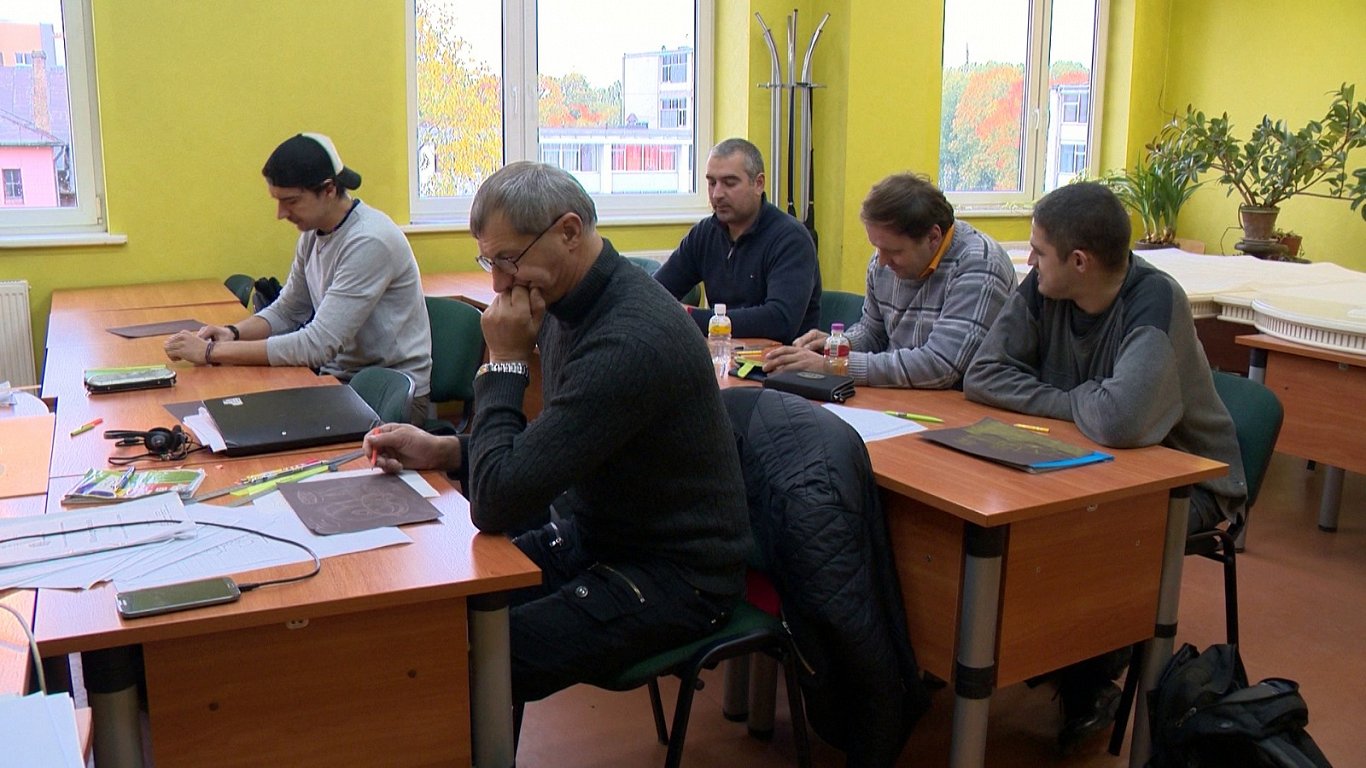The VK concluded that currently in Latvia adult education is not organized so that the resources of projects implemented by the State Employment Agency (NVA) and the State Education Development Agency (VIAA) are used as efficiently as possible.
The VK said there should be a significant increase in the involvement of low-education adults in learning. In 2022, more than 294 thousand people aged 25-64 had a low level of education. But of the nearly 100 thousand people who enrolled in NVA and VIAA project training in 2019-2022, only 28% were low-educated. Moreover, only around 192 thousand people, far below the real needs, could participate on the available funding of EUR 164.3 million by the end of this year, and accordingly, the funding should be used primarily for the most critical target groups, VK said.
Despite the high number of people at risk of unemployment, the national target for adult education is set very broadly: the number of participants in training during a given period, while no specific engagement indicators have been established for critical target groups.
The auditors also pointed out that training should be aimed at addressing labor market needs. In total, at least 44% of people who completed training between 2019 and mid-2022 had no impact on employment in the NVA and VIAA projects, according to auditors.
The VK noted that it is important that education programs that meet labor market needs do not remain “on paper”, but indeed are implemented pointing out that a large part of them were not actually implemented in the past. Despite the projected demand for workers in the sectors concerned, no educational institution applied to provide them or had sufficient responsiveness.
'In order to effectively implement the approved educational programs, educational establishments and participants in training should be selected in a single institution. This would prevent duplication of function, as well as allow for more flexible staffing of learning groups, especially in educational programs that are not highly sought after,” noted clover.
Adult learning planning also needs to be improved, the VK noted. The sectors with a shortage of knowledgeable and skilled workers, which will need them in the future, essentially allow labor market forecasts to be determined, the development of which is the responsibility of the Ministry of Economics (EM) and the NVA subordinate to the Ministry of Welfare (LM). Currently, the long-term and medium-term labor market projections developed by the EM are not sufficiently detailed and there is not sufficient discussion with sectoral experts after they have been prepared. As a result, both NVA and VIAA are investing substantial resources in identifying specific occupations that require training.
Moreover, neither long-term or medium-term labor market forecasts nor the lists of educational programs developed by the NVA and the VIAA include a regional cut, for example, whether and what labor market trends and respective training needs are in economically different regions such as Rīga, Pierīga, or Latgale.
Given the interinstitutional nature of these issues, the State Audit Office has invited the Cabinet of Ministers and the Human Capital Development Council established in 2023 to participate in solving the problems identified in the audit.





























